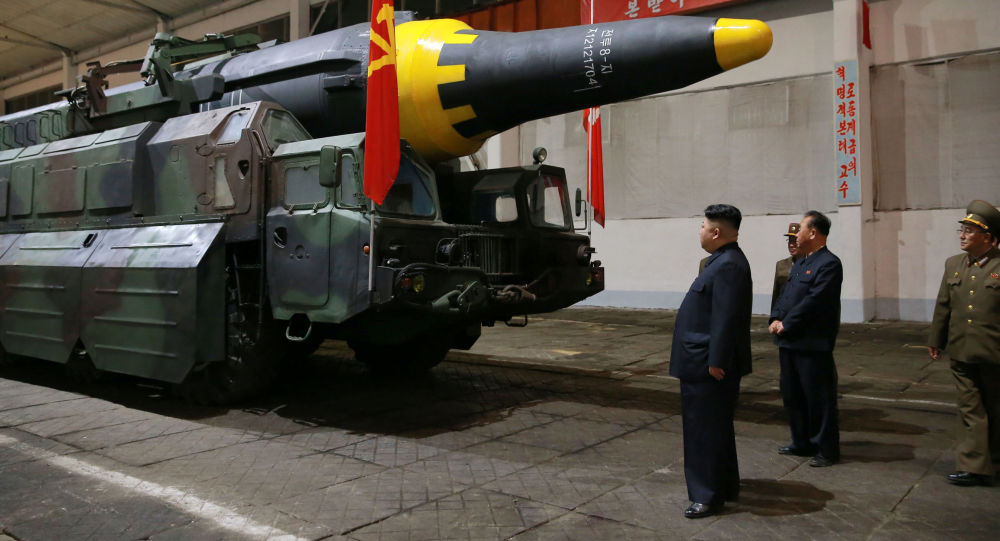In an interview with the website of the Strategic Council on Foreign Relations, Jafar Qanadbashi explained: Because, considering the economic problems of Europe, which some analysts refer to as a growing economic crisis, or the exceptional and extremely difficult conditions that the war in Ukraine imposes on Europe, commenting under the current situation has different reasons that should be taken into consideration. Especially since various reports indicate a series of protests in French-speaking African countries against the Paris government, and there are also reports of widening political divisions between different geographical areas in Britain.
Referring to the presentation of different theories by the analysts about the goals of European countries, Qanadbashi said: Such comments, in the eyes of the analysts, are mainly interpreted as attempts by European governments to cover up their problems and escape from passivity. In any case, this position regarding the disarmament of North Korea, at the farthest geographical point from the European continent, shows the determination of the European governments to show their power (which has disappeared to some extent) and shows their efforts to replace aggressive diplomacy instead of a passive position.
According to the expert, of course, on the other hand, this position of Europe shows alignment with the United States, Japan and South Korea, and in a way, it shows that Brussels is trying to change the division among the seven industrialized countries that weakened the position of the club of industrialized countries into a consonance, even if temporarily and case-wise.
Qanadbashi believes that addressing and emphasizing the need to disarm North Korea has various other meanings, most of which are interpreted as a kind of indirect confrontation with Beijing’s policies.
The expert also emphasized: Regarding the experiences of one-sided talks that took place about a decade ago regarding North Korea’s nuclear and missile disarmament, now this request by Europe means trying the experienced way that has failed in the past.
He added: The European governments are aware that their emphasis on the necessity of disarming North Korea’s nuclear weapons and missile has no buyer in Pyongyang, and considering that the Western governments did not fulfill any of their commitments in the past negotiations and failed the six-party talks, any measure in this regard cannot be practical.
Explaining whether North Korea will become Libya if it accepts such a request, Qanadbashi said: In any case, Pyongyang has the experience of Libya in front of it and has learned from it. In fact, the North Korean government and people have the bitter experience of the Libyan people during the Muammar Gaddafi era in their minds. The experience that turned Libya into a war-torn country after denuclearization and marked the darkest days and conditions for the people of that African country.
He continued: Because Gaddafi, with naive optimism, believed the promises of European governments regarding the closure of his nuclear facilities, and in the hope that with this action, he could turn Libya into a suitable environment for European investments and by relying on rich oil resources, the country could start favorable conditions to move towards development, not only accepted the disarmament, but even removed its nuclear equipment from Libya.
Saying that it is clear that the people of North Korea do not want to repeat the bitter experience of Gaddafi in their country, Qanadbashi said: At the same time, the bitter experience of the six-party talks that lasted for months, as another bitter experience, prevents them from repeating such negotiations.
He explained: Also, under a situation in which the political equations and military balances in East Asia have changed to very different equations due to the recent confrontations between the US and China, and North Korea plays an important role and holds a significant position in the weighing and attracting others of Beijing and Washington. At the same time, the people of North Korea are witnessing that the American authorities have deployed the most advanced heavy military equipment in the air, sea and land in South Korea and with a kind of war formation are watchful to observe weaknesses in Pyongyang’s political and military positions.










0 Comments